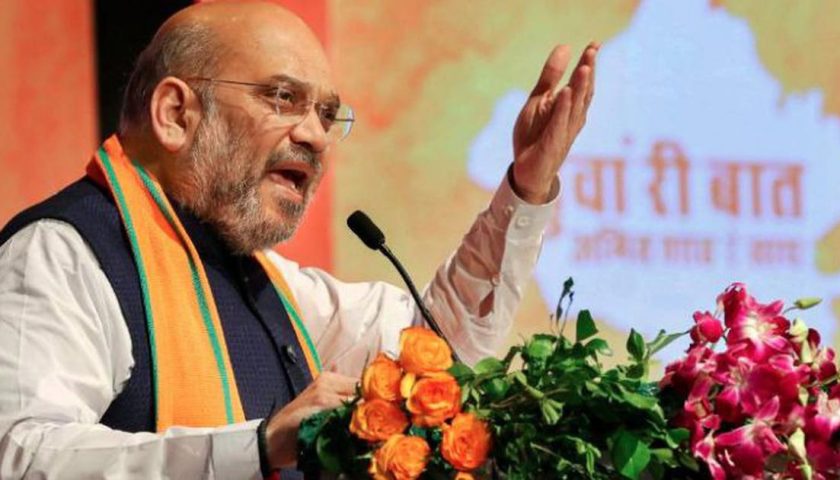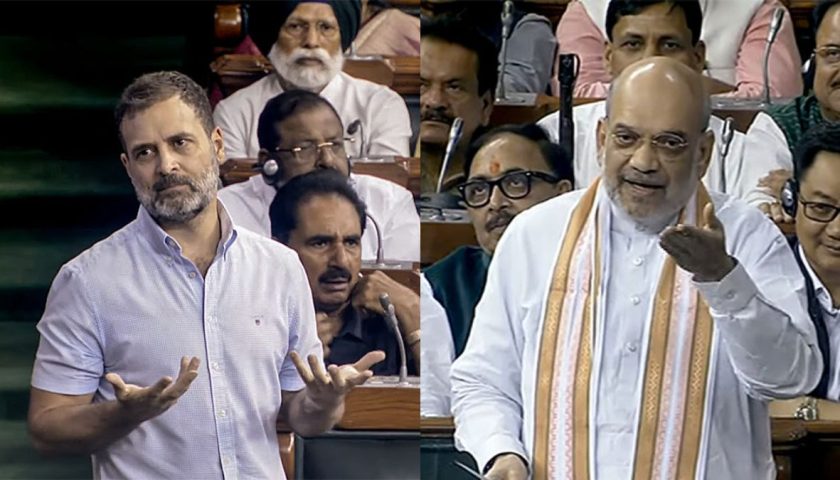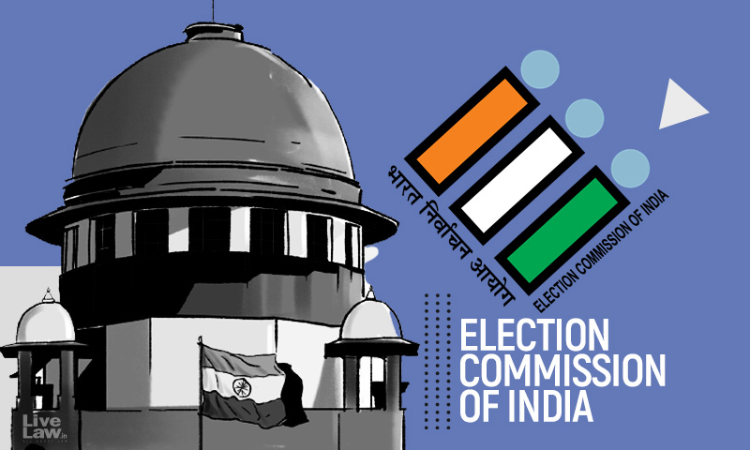The government had a packed July with Parliament in session and Prime Minister Narendra Modi’s Africa visit. It had to negotiate turbulent ties between Washington and Moscow and had to ensure a strong domestic policy agenda ahead of key state and national elections. In the monthly government dashboard, We examine key developments across central government ministries through July and what lies ahead.

MINISTER: SUSHMA SWARAJ
BIG ISSUE: Modi on July 26 met Chinese President Xi Jinping on the sidelines of BRICS summit in South Africa. The engagement was significant amid growing competition between Delhi and Beijing over expanding sway in the continent. Modi also visited Uganda and Rwanda as part of India’s push to increase influence in Africa.
SIGNIFICANCE: The cooperative element in the India-China relationship remains strong. The two sides have followed up on the terms of their renewed engagement since meeting in Wuhan in April. The two sides had resolved to step up strategic communication between the armies, increase economic ties
WATCH OUT: The next round of boundary talks, scheduled to be held later this year, will take place after Chinese defence minister Wei Fenghe’s visit to India. Jayanth Jacob

BIG ISSUE: American sanctions against Russian defence entities are unlikely to affect India. The US Congress has moved to amend the sanctions legislation that will ultimately allow India to source weapons and systems from Russia.
SIGNIFICANCE: The move comes after New Delhi conveyed to Washington its inability to sever defence ties with Russia as India is heavily dependent on Russian weaponry. India has brushed aside US concerns about the deal to buy Russian-made S-400 advanced air defence missile systems. It has said the ~39,000-crore deal was in its final stage.
WATCH OUT: India and Russia are likely to finalise the S-400 missile systems deal in October when Modi and President Vlamidir Putin meet in New Delhi. Rahul Singh

BIG ISSUE: The government shortlisted six institutions of eminence (IoE) – three each from the public and private sectors – for granting complete autonomy. The institutions include Indian Institute of Science Bangalore, Jio Institute (Reliance Foundation), Pune, Birla Institute of Technology and Sciences Pilani, Rajasthan.
SIGNIFICANCE: The government faced criticism over the move to declare Jio Institute as an IoE as it is yet to come up. The government insisted the institute was given the status as a greenfield project. Later, it said it was not awarded the status, but only granted a letter of intent subject to fulfilment of certain criteria.
WATCH OUT: The government is likely to approve the Higher Education Council of India Bill to repeal the UGC Act, to focus on separation of the grant- related functions. Neelam Pandey

BIG ISSUE: The lynching of Rakbar Khan, 31, in Rajasthan’s Alwar forced the ministry to form a home secretary Rajiv Gauba-led panel to suggest measures to deal with growing lynchings. The ministry had earlier insisted that the states had to deal with the issue as law and order is a state subject after the Supreme Court asked the Centre to enact a law to deal with them.
SIGNIFICANCE: The Opposition has been targeting the Centre over the issue as fringe Hindu extremist elements have allegedly been involved in cow vigilantism. The fresh lynching in BJP-ruled Rajasthan triggered outrage following allegations of police inaction and delay in taking Khan to a hospital.
WATCH OUT: The panel has been told to make recommendations within four weeks on how to deal with lynchings. A group of ministers will review them and submit a report to Modi. Rajesh Ahuja

BIG ISSUE: The ministry-appointed Justice Srikrishna committee submitted its draft Personal Data Protection Bill to the ministry on July 27. The committee was set up a year ago. It has recommended how citizens’ personal data can be used and obtained with consent.
SIGNIFICANCE: India has 1.3 billion registered Aadhaar cards and the country has the second-largest internet user base. The government set up the committee amid mounting concerns over security and safety of Aadhaar biometrics and demographic data. When enacted, the proposed legislation will be India’s first ever data privacy law.
WATCH OUT: Prasad said the bill will now go through consultations and be debated in Parliament and possibly referred to Parliamentary standing committee. Nakul Sridhar

BIG ISSUE: The ministry is preparing a policy document on DigiYatra, which would enable movement of travellers at any airport with digital entry tickets. A boarding pass with passenger’s face can be used as a digital identity. Public consultation for Digiyatra is likely to take place between August and September.
SIGNIFICANCE: It will be a single-point verification wherein passengers can enrol for DigiYatra program through AirSewa app. A DigiYatra verified passenger can get hassle-free entry at airports through E-Gates. At entry gates, a single token for the passenger will be created.
WATCH OUT: Through public suggestions, the ministry is likely to start the programme by January 2019. Stamping on boarding cards will be removed. Faizan Haider

BIG ISSUE: The cabinet cleared a bill to replace the ordinance promulgated on April 21 to award death penalty to those convicted of raping girls under 12. The ordinance was promulgated in the aftermath of a minor girl’s rape and protests in favour of the alleged rapists in Jammu and Kashmir’s Kathua
SIGNIFICANCE: The move has sparked a debate. Some believe heinous crimes such as rape warrant extreme punishments, which will also act as a deterrent. Others have argued for an overhaul of justice mechanisms as well as social mindsets apart from punitive measures.
WATCH OUT: The cabinet is likely to clear a proposal to make all child marriages invalid. The current law recognises them as valid but ‘voidable’. But rarely do under-aged brides complain. Moushumi Das Gupta

BIG ISSUE: The ministry spearheaded the decision taken by the GST Council to cut GST rates for 15 items on July 21, bringing them down from the 28% slab to 18% slab. The items included TV, refrigerator, washing machine, paints etc. This was the second major rationalisation of rates since the indirect tax was introduced on July 1, 2017. The first cut came in November when taxes on over 200 items were pruned.
SIGNIFICANCE: Many experts believe that rationalising rates would spur consumption and thus help the economy. This also means the government is confident of tax buoyancy. This round of rate cuts leaves only 35 items in 28% tax bracket.
WATCH OUT: This raises hopes of another round of rate cuts once GST collections stabilise further, and the new tax reductions settle in, shrinking items in the highest tax slab. Suchetana Ray

BIG ISSUE: The ministry decided to scrap the panel set up to devise ways to regulate online media and other internet content. A panel under the ministry of electronics and information technology (MeitY)’s supervision will take over the committee’s mandate.
SIGNIFICANCE: The project stoked a controversy with some online media outlets expressing concern that the regulation would impinge on their freedom of expression. The government had insisted for a need to delineate the sphere of online information dissemination. It said the outlets needed to be regulated on the lines of the print and electronic media.
WATCH OUT: The MeitY panel will look into concerns over lack of regulation of online content. Experts on security and ministries will do the brainstorming on it. Smriti Kak Ramachandran

BIG ISSUE: The environment ministry has grappled with what to do with pet coke, a fuel dirtier than coal. Delhi banned its use in 1996 and a Supreme Court order banned it in the NCR in October 2017. In July 2018, environment ministry reached a conclusion that pet coke should be banned across India.
SIGNIFICANCE: Two words: air pollution. Pet coke is a bottom-of the barrel fuel, which releases more carbon and sulphur emissions than coal. Activists allege the dirty fuel is used because it is cheaper than coal. It was also being dumped in India from abroad, notably the US.
WATCH OUT: The ministry is finalising its national clean air programme. The document will reveal how serious the government is about keeping air clean. Malavika Vyawahare






